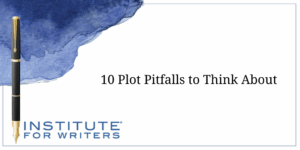
10 Plot Pitfalls to Think About
Plot can be tricky, and, as a writer, you need to be aware of what makes or breaks plot. Take a look at 10 different things to avoid in your own writing.
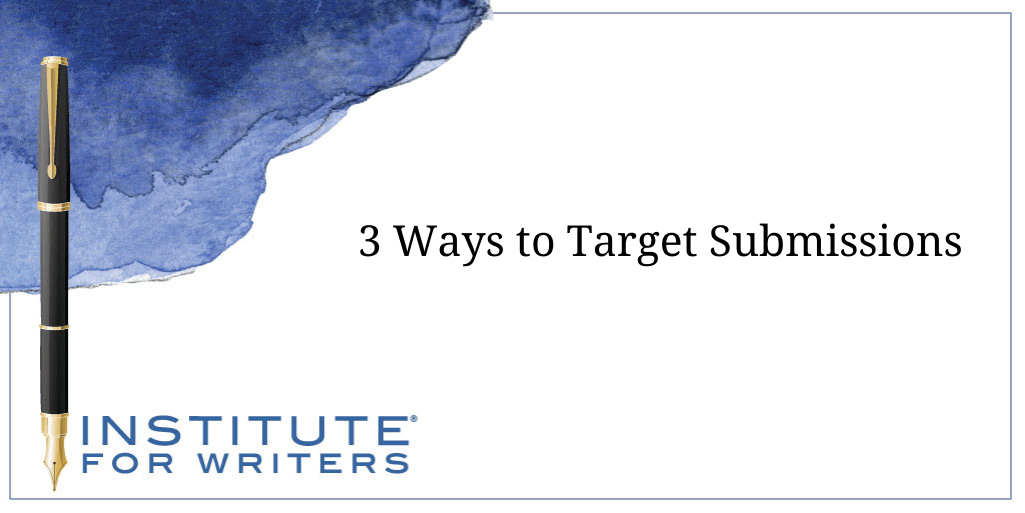
Writing stories and articles is often thought of as half the job—the fun half. The other part of the job is submitting your work to good markets. Spending time researching the right editor, agent, or publisher to submit manuscripts is time-consuming, but an important part of a writer’s work. Let’s look at three ways to target submissions.
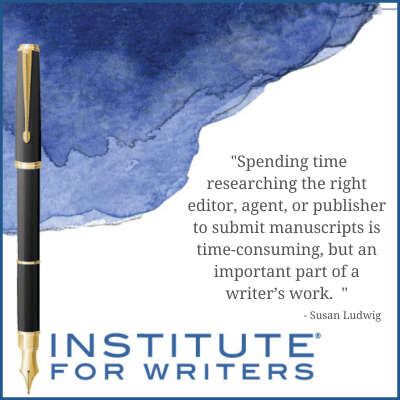 Many newer writers are interested in getting their story or article published in a magazine as soon as possible, and acquiring publication credits can be beneficial to a writer’s career. When editors see that a writer has already been published, they know that a person’s work has been thought of as professional and publishable.
Many newer writers are interested in getting their story or article published in a magazine as soon as possible, and acquiring publication credits can be beneficial to a writer’s career. When editors see that a writer has already been published, they know that a person’s work has been thought of as professional and publishable.
One possible first stop on the journey to find good markets is the Institute’s Magazine Markets Guide. Look to this helpful book to get an idea of the wide array of potential markets, then create a list of those that seem to have the potential to work for your manuscript. This allows you to target submissions to publishers where are you have the best chance of being successful. Take your time with this task.
As your list takes shape, go to the websites of those magazines and read any content they have available online. Some magazines post back issues or parts of issues on their site which is helpful as you seek to familiarize yourself with the magazine.
You can also seek out the print issue of magazines you are interested in. Most public libraries have subscriptions (both print and online) to many magazines—and all you need is a library card. Spend time reading through back issues as you assess whether a potential market will work for your manuscript. Remove from your list those magazines that do not seem to publish stories or articles that are somewhat similar to what you want to submit
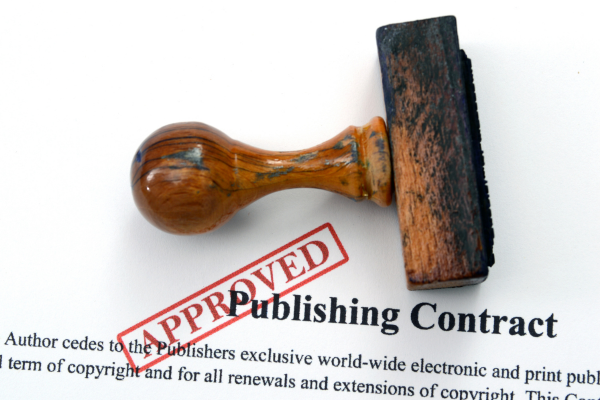 Carefully study submission guidelines—which are usually available on the magazine’s website—for every market you plan to contact. Closely follow their guidelines so your story or article will be considered. (Editors are known to notice a too-long word count, a target audience that does not match their market, or a manuscript with errors and reject the submission without reading further.
Carefully study submission guidelines—which are usually available on the magazine’s website—for every market you plan to contact. Closely follow their guidelines so your story or article will be considered. (Editors are known to notice a too-long word count, a target audience that does not match their market, or a manuscript with errors and reject the submission without reading further.
Many magazines have decided the theme of their future issues months in advance. Writers may read the upcoming themes and target their writing to a topic that they are comfortable with or may try to match their established article idea with an upcoming issue on a similar topic.
Researching potential book markets is somewhat like studying magazines. Refer to the Institute’s Book Markets Guide as a good first resource, then go to publishers’ websites, look at the types of books they have published (their booklist), and see whether your manuscript will meld well with what they do. Make sure the publisher accepts unagented manuscripts. If they do not, you will need to search for an agent to help sell your work.
Finding an agent who will accept your work, love your manuscript, and attempt to submit it to publishers is tough. Look through agent lists and work hard to find someone who is seeking new clients and who works in your genre. If you are able to secure an agent who is excited about your work, you will have a leg up in finding a good publisher.
Last year, I attended a panel discussion about submitting to literary journals. The three editors provided helpful advice to those in the audience—most of them writers attending the Iowa Summer Writing Festival.
Literary journals are an excellent venue to target your submissions and have your work published. They tend to be much smaller operations than magazines and book publishing houses. The editors on the panel said they read almost everything submitted and noted that they are often most excited about writers showing a new way of presenting poetry or other written work and that they are pleased when coming across the unexpected—defined as anything a bit different from the norm.
 The panel’s tips about cover letters were interesting. The Submittable site usually presents each submission before its cover letter, so for writers sending their work through that online tool, an editor won’t be reading the cover until and unless they are interested in the manuscript.
The panel’s tips about cover letters were interesting. The Submittable site usually presents each submission before its cover letter, so for writers sending their work through that online tool, an editor won’t be reading the cover until and unless they are interested in the manuscript.
Editors who are looking for pitched pieces—queries—appreciate a short letter or email where the editor is addressed by name (since it shows that you have taken the time to read the masthead of the journal or magazine), a pitch that is polite and shows an understanding of what the journal publishes, a three-sentence summary of the submission and your thoughts about why it matters, and a reference to other pieces you have read in the periodical, so that you can confidently say, “I know this submission is a good fit…”
An audience member asked how unpublished writers should approach publications that ask for a link or a listing of previously published work. The panelists agreed that saying “This would be my first published work,” is something that they like to see. Publishing a writer for the first time is exciting for most editors, they said.
The editors discussed rejections and said that they often must reject a fine submission because they already have a somewhat similar piece. It is usually not a comment on the quality of the writer’s work so writers should not feel discouraged and should submit again
Learn more about literary journals by doing a Google search, going to a bookstore near you, or even asking other writers about the literary journals they know about. Look for the open submission periods for literary journals you know about and send them your best work after carefully reviewing the type of content they publish.
Have fun exploring markets and submitting your work. Then take time to celebrate when your words are just what an editor is looking for.

Plot can be tricky, and, as a writer, you need to be aware of what makes or breaks plot. Take a look at 10 different things to avoid in your own writing.
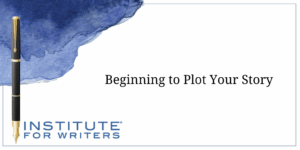
Plot is more than just the chain of events within a story. There are so many elements to plot to consider when writing. Let’s dive into those elements.
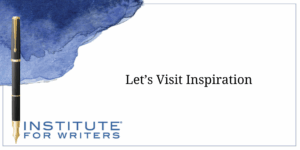
Visiting new places is key to exploring new ideas and finding inspiration. Let’s see the places you can go this summer to spark your next story.
1000 N. West Street #1200, Wilmington, DE 19801
© 2024 Direct Learning Systems, Inc. All rights reserved.
1000 N. West Street #1200, Wilmington, DE 19801
© 2025 Direct Learning Systems, Inc. All rights reserved.
1000 N. West Street #1200, Wilmington, DE 19801
©2025 Direct Learning Systems, Inc. All rights reserved. Privacy Policy.
1 Comment